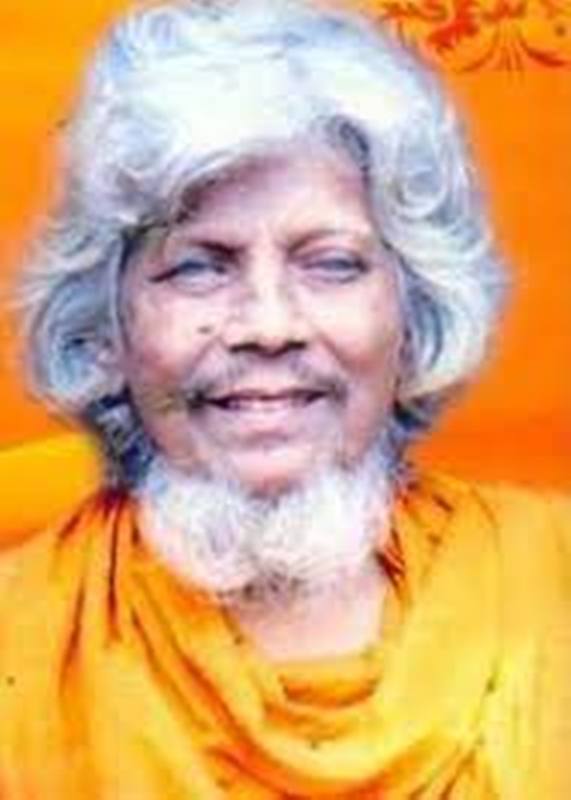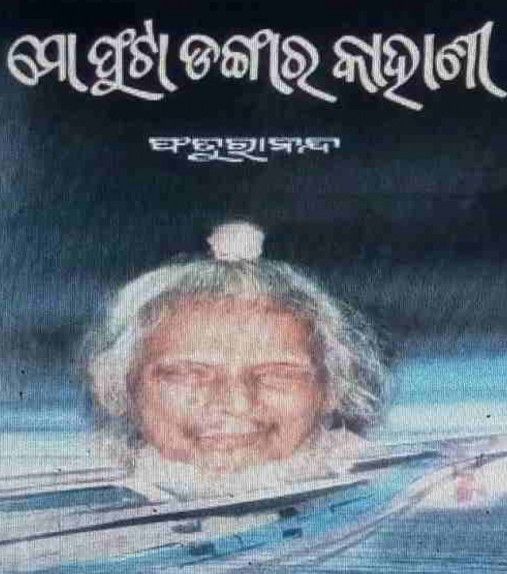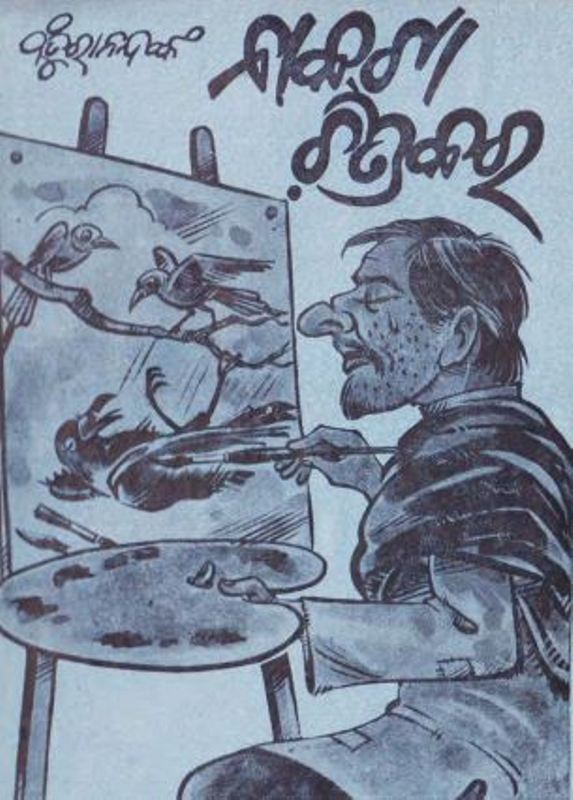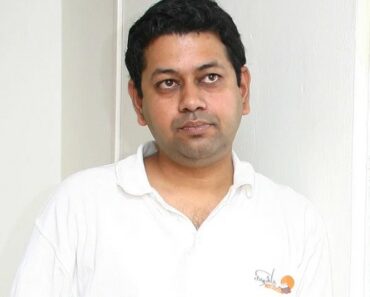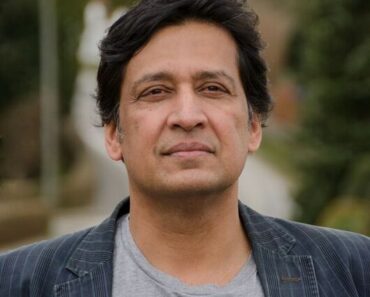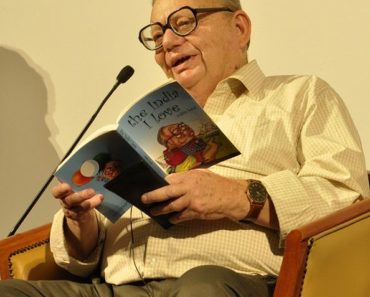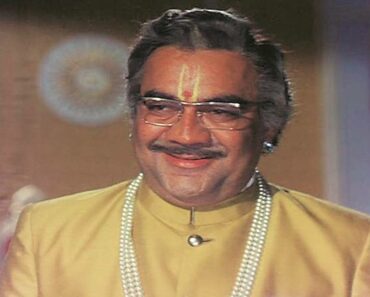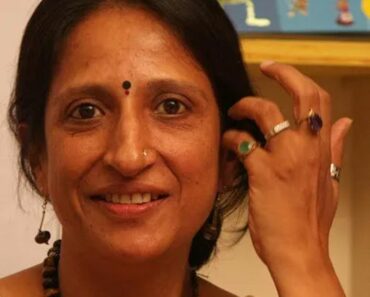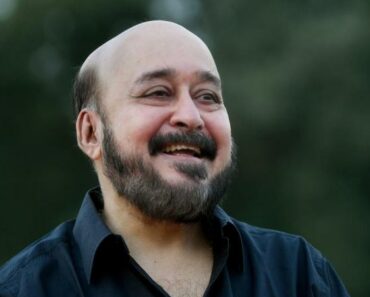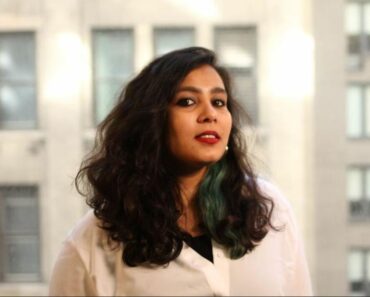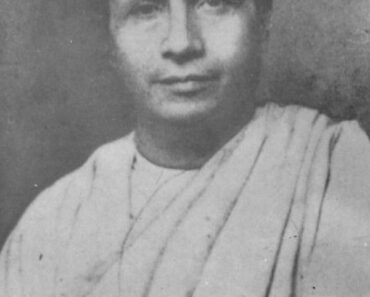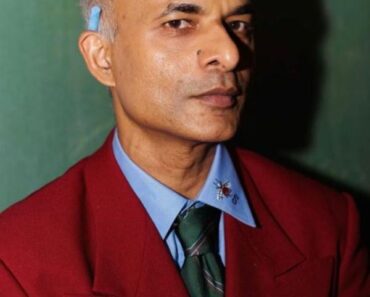Faturananda (1915–1995) was an Indian humorist and satirical writer in Odia. Some of his prominent works include a novel titled Nakata Chitrakar (1953), a lyrical poem, Sahi Mahabharat (1987), and a play Kalikati Chenka, (1984). Faturananda was famous for his unique, and non-literary style of writing. His works were based on the themes of social issues, political reality, and prevailing cynicism.
Contents
Wiki/Biography
Ramachandra Mishra, known by his pen name Faturananda was born on Tuesday, 1 June 1915 (age 80; at the time of death) in Jhanjhirmangala, Cuttack, Odisha. His zodiac sign was Gemini.
“Stories I wrote initially were of a tragic nature. After the publication of “Dagaro” from Cuttack I started noticing the comic and humorous stories in it. Those were more or less of the same plot. For example, the romance between a college boy and a college girl. Both decide to get married, but face some obstacles just before it. Finally the end of their romance. After seeing the same situation in all these published stories, I said – Can’t there be any humour without these college boys and college girls. I made up my mind then and there not to ever include romance in my humour and satire. I have followed this principle ever since.”
Family
Parents & Siblings
Faturananda’s father’s name was Bidyadhar Mishra and his mother’s name was Subhadra Mishra. There is not much information about his parents’ profession, and his siblings.
Wife & Children
There is not much information about his wife and children.
Career
Faturananda wrote his first play, Abbnan (Pride) in 1942, and was staged by Bharati Theatre in Cuttack, Odisha. In 1945, his second play, Manager was produced by Annapurna Theatre’s B-group managed by Lingaraj Nanda. Along with the plays, he wrote several works which gained prominence in the literary world.
Autobiography
Novel
Lyrical poem
- Sahi Mahabharata (1987)
Story collections
- Heresa (1959)
- Sahitya Chāsa (1959)
- Bidushaka (1963)
- Mangalabaria Sahitya Sansada (1963)
- Hasakura (1972)
- Bruhat Bhanda (1977)
- Amruta Behia (1977)
- Vote (1980)
- Gamat (1982)
- Nidabehel (1982)
- Sahitya Beushana (1983)
- Nabajia (1983)
- Thatalibaj (1983)
- Sahitya Bachabachi (1983)
- Maskara (1984)
- Tahulia (1985)
- Tapuria (1986)
- Muchukundia (1990)
- Khilikhilia (1993)
- Odishara Spin Bowler (1994)
Poetry
- Nilatha Kabi (1955)
Play
- Kalikati Chenka (1984)
Children’s Literature
- Ajagabi Sikara
Translations
- Adarsha Hindu Hotel by Bibhutibhushana Chattopadyaya (1977)
- Bharatara Shrestha Hasyagalpa by Mujtaba Hossein (1980)
Awards, Honours, Achievements
- Faturananda was awarded Sarala Puraskar in recognition of excellence in Odia literature, by IMPaCT, a charitable wing of the Indian Metals and Ferro Alloys (IMFA).
- Faturananda was awarded Odisha Sahitya Akademi Puraskar for his outstanding contributions to Odia literature.
Death
On Monday, 6 November 1995, Faturananda died at the age of 80.
Facts/Trivia
- Faturananda came into prominence at a time when Kali Charan Patnaik, an eminent literary figure of Odisha, was ruling as a dramatist. To learn his theatrical art, Faturananda followed Kali Charan Patnaik’s strides.
- Faturananda was the founder of Sarasa Sahitya Samiti, a literary organisation dedicated to literature. Faturananda has established the Kantakabi Award In honour of Laxmikanta Mohapatra, an Indian Odia writer, and freedom fighter.
- He was a follower of Gandhian philosophy.
- Faturananda was a member of Jadumani Sahitya Sansada, a centre for lovers of literature and culture established by the late Dasarathi Pattnaik in a village under the district of Nayagarh, Udayapur. Along with that, he was a member of Sarala Sahitya Sansad, and Utkal Pāthaka Sansada, Cuttack.
- Faturananda was blind. He suffered from a disease which took out his eyesight in his childhood.

